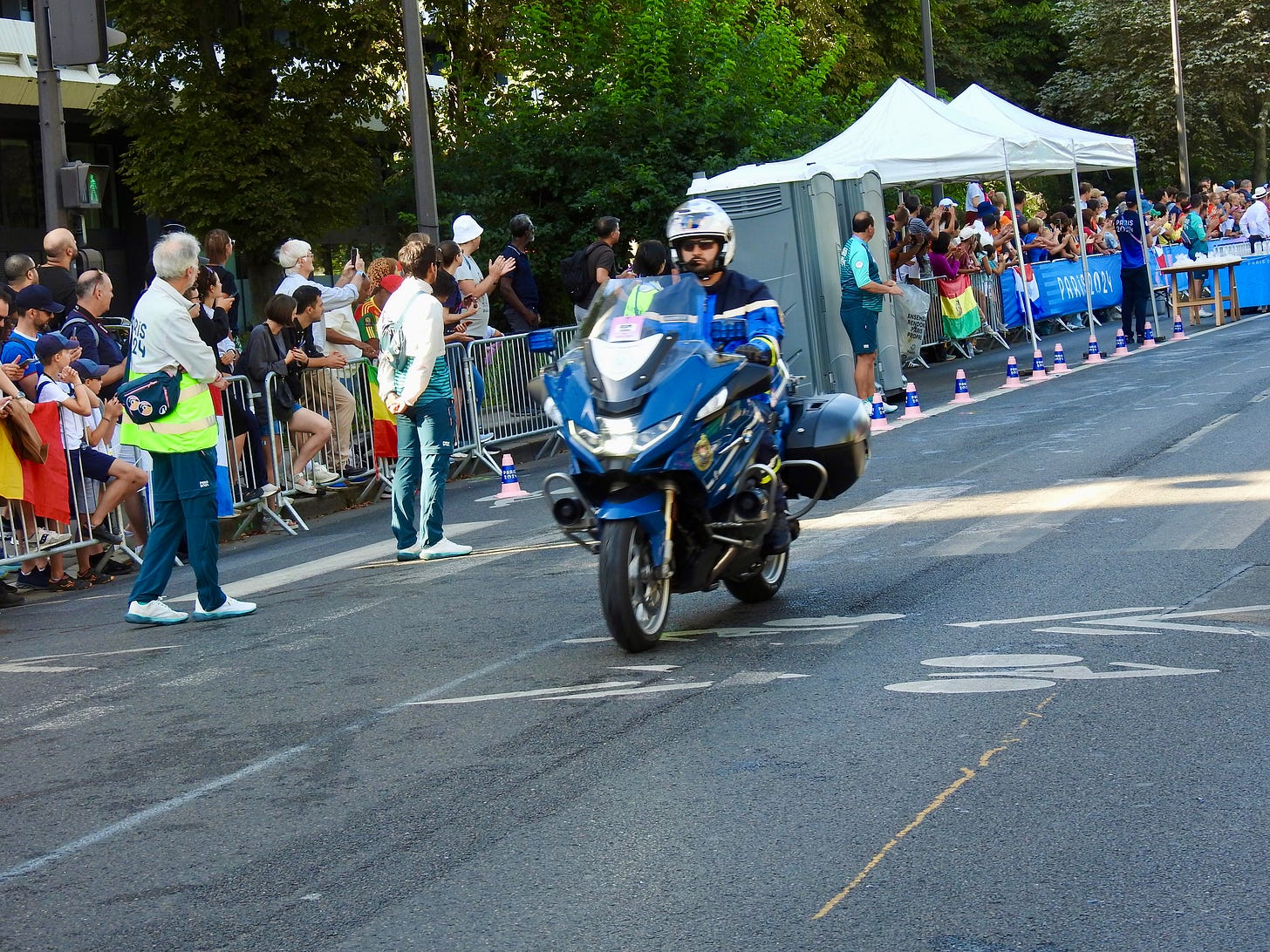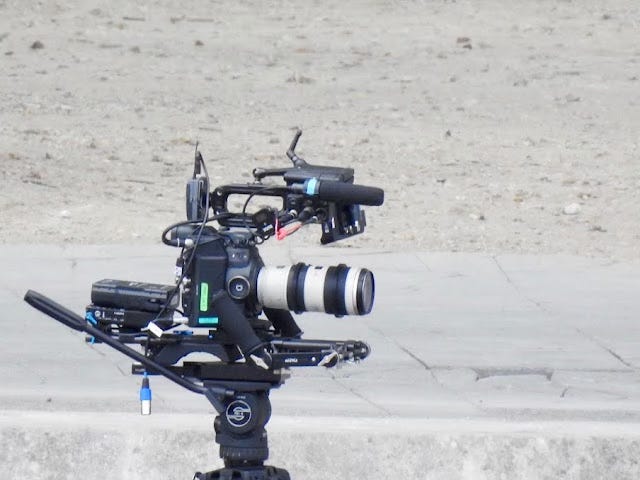Reasons to be or not to be a volunteer
No, no regrets – gratitude for being a volunteer at the Paris 2024 Games
I did not volunteer to be a volunteer when I was nine years old. My mother made me do it, but I’ve been volunteering happily ever since. The culmination was being a full-time volunteer in the Press Operations Team at the Grand Palais during the Paralympics taekwondo, triathlon, and wheelchair fencing events.
Of the approximate 300,000 applicants to volunteer at the Paris 2024 Olympic and Paralympic Games, I am grateful to be part of the 45,000 selected. I am grateful for the all the work and support of the Volunteer Committee and team. The process was long but easy, with regular emails, manuals, videos, podcasts, and both online and venue training. During the Games, everyone in the Press Operations Team were the best – ever – in making it an enjoyable and memorable experience.
It takes a multitude of teams to run an event on this scale, so thanks to the International Olympic Committee (IOC) and the International Paralympic Committee (IPC), ticketing, helpdesk, accreditation, uniform distribution, event management, security, police, soldiers, mayoral offices, hospitality, spectator services, medical, transport, mobility, cleaning, protocol, workforce, and technology teams – and anyone inadvertently missed on this list.
It's not always an easy task for volunteers, particularly in the rain or during the intense canicule– heatwave – that Paris experienced in August. The long hours standing, waiting, talking, listening, anticipating are part of the job. In one shift, for example, I walked over 20,000 steps and ascended the grandstand stairs 17 times. It’s a workout! The job is not for the lazy or selfish; not for the pessimistic or those who fear uncertain and changeable adventures; not for those intolerant of colds and flu, aches and pains, cuts and bruises, rashes and blisters, or sleep-deprivation and exhaustion; and certainly not the mistrustful and anti-social.
But nothing dampens the benefits of volunteering – the congeniality, friendships, and respect among volunteers, and the gratitude from management, spectators, and everyone at all events.
The media had crews dedicated to bringing the Paralympic events to the public in the best way possible, and to make the athletes shine under the spotlight of the Games, and it was a privilege to help in any way we could. The most common requests for assistance, apart from asking for directions to the bathroom, food, and the athlete interview zone (the mixed zone), were requests to help them connect to the internet, and for information about delays or changes to the event schedule. I could fulfil an odd request to help fix a camera because I had double-sided packing tape in my pocket! Speedy, up-to-date information on athletes and their histories was also requested. In all situations, the media were a pleasure to work with.
The Céline Dion 1996 song, If That’s What It Takes will continue to remind me of volunteering at the Games. She sings “You’re the bravest of hearts, you’re the strongest of souls” and continues with “Through the wind and the rain, through the smoke and the fire … I will lay down my heart, my body, my soul … that’s the promise I make, baby, that’s what I’ll give, if that’s what it takes.”
But it was the athletes that made volunteering magical. We were volunteers for the athletes – the heart, soul, flesh, and blood of the Games – the only reason we were there. They were thrilling to watch and a privilege to serve.
Can’t see the whole article? Want to view the original article? Want to view more articles? Go to Martina’s Substack: The Stories in You and Me
Photographer: Martina Nicolls










A good read, thanks. And well done you!